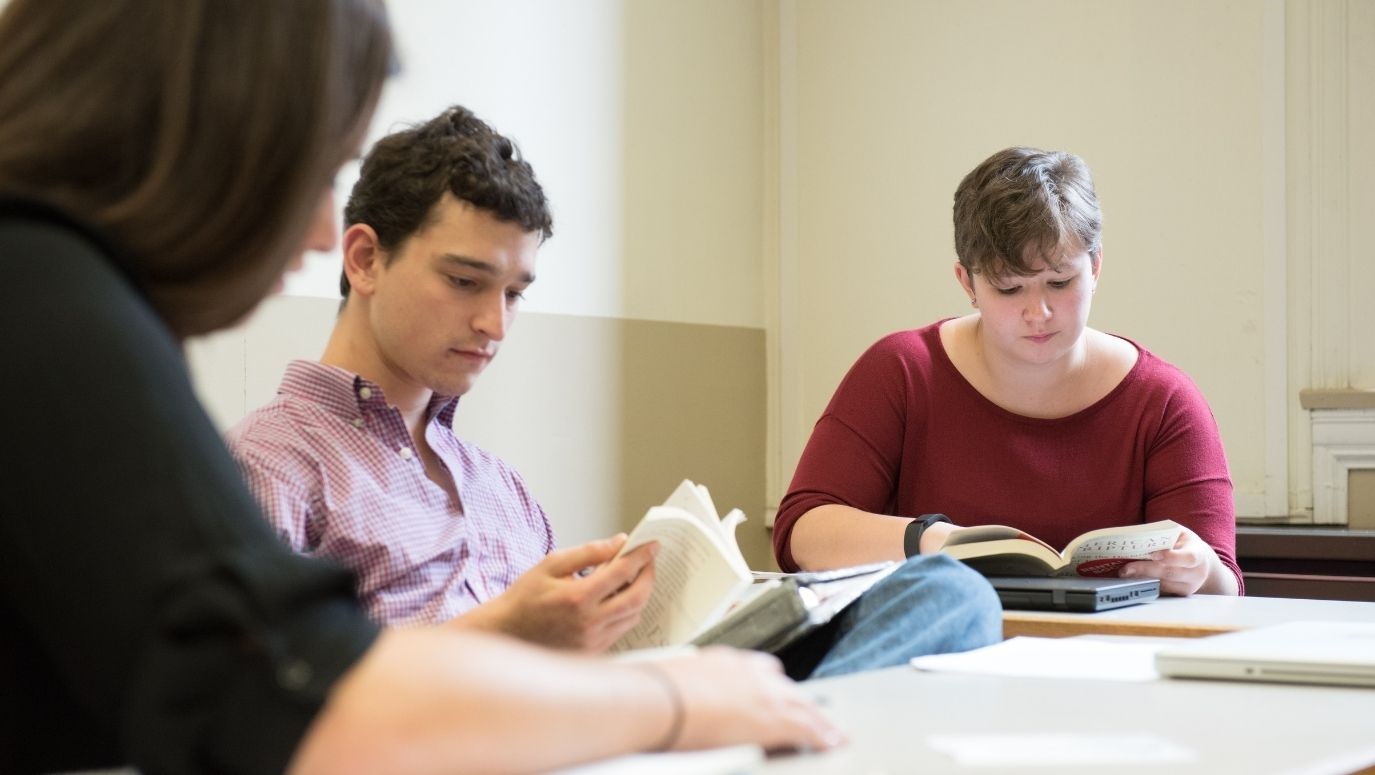Mission and Objectives

Mission
The Department of History is a community of accomplished teacher-scholars committed to preparing students for successful lives and careers in the 21st century through a program that values academic rigor and excellence in a liberal arts education and fosters responsible citizenship and ethical behavior. The Department does so by encouraging students to appreciate and understand the complexity of the human experience in all parts of the world, to engage successfully in critical and analytical thought and argumentation, and to respect diverse thoughts and opinions.
Learning Objectives
Department faculty have developed a set of goals for students who graduate with a degree in History from Framingham State University. Graduates of the History major will be able to:
- Write an analytical thesis that demonstrates a concise, articulate argument, and sustain the argument through analysis of relevant evidence.
- Develop clear, concise, and coherent oral and written arguments supported by relevant evidence.
- Evaluate and analyze primary sources in relation to their historical context and means of production in order to draw sound conclusions.
- Evaluate and analyze secondary sources, with particular attention to argument, use of evidence and place in scholarly literature.
- Use bibliographical and other research aids and technologies utilized by historians.
- Analyze relevant social, economic, political, cultural and intellectual changes in history and discuss how they relate to one another through time.
- Appropriately and effectively employ the terminology, citation style, and other conventions of the field.
